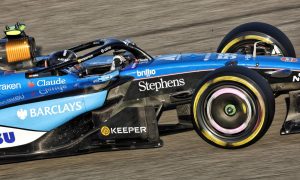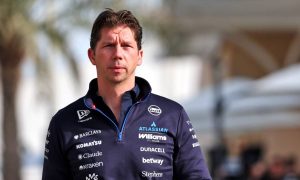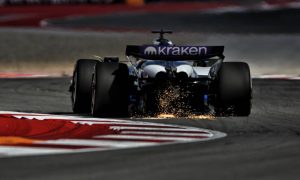
Williams Racing is open to extending a technical collaboration with a manufacturer team in the future, but the British outfit has no desire to become a genuine B-team in Formula 1.
Over the past four decades and up until last summer, Williams remained the sport's truly last independent team, run by its original founder/owner, Sir Frank Williams and his daughter, deputy team principal Claire Williams.
Remarkably, the Grove-based outfit never succumbed to the temptation of becoming a satellite squad to one of the sport's manufacturers - for example with its engine supplier Mercedes, despite the competitive advantages such a partnership entailed.
AlphaTauri benefits directly from its close relationship with sister team Red Bull Racing. Both Alfa Romeo and Haas are linked up with Ferrari, while Racing Point's association with Mercedes, which took a controversial turn this year, is well chronicled.
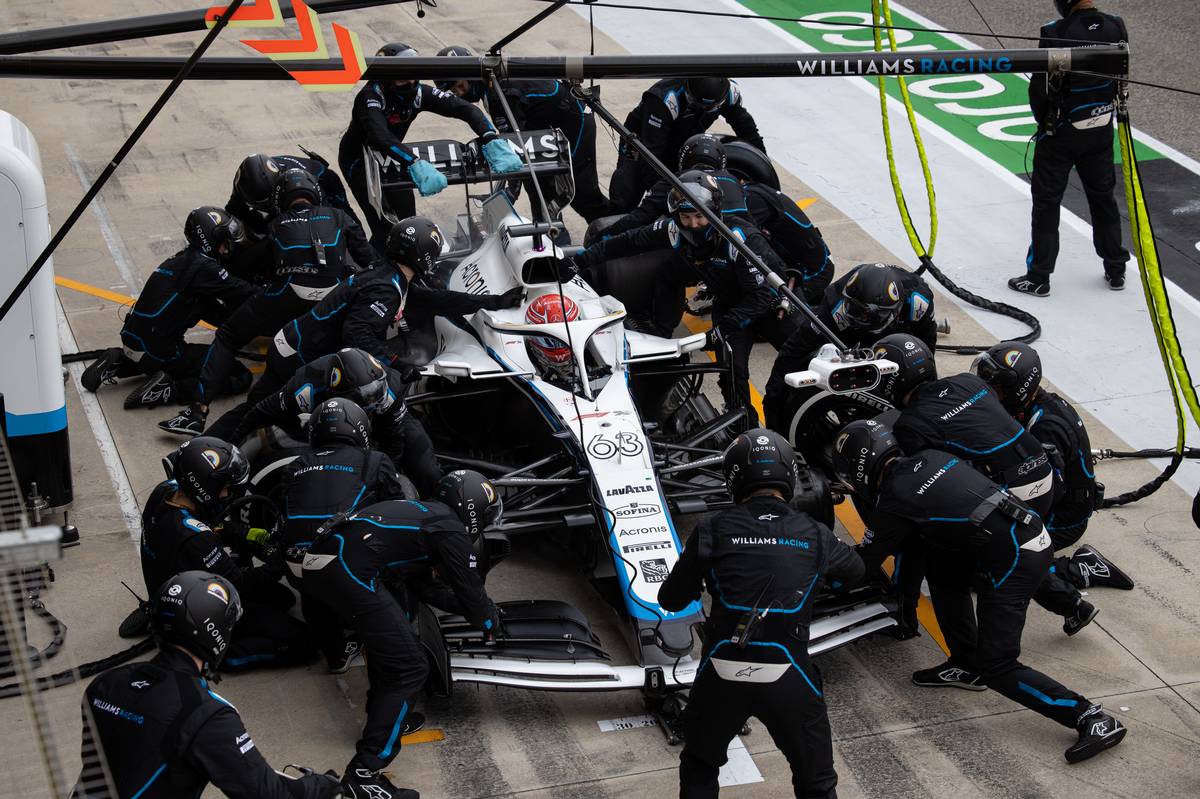
For many, the value of such partnerships will only be enhanced next year when teams will function under a regime of limited resources and cost controls as F1 introduces its long-awaited budget cap.
But Williams, now under the ownership of US financial institution Dorilton Capital, has chosen to stay the course and protect its independent status, as Williams team principal Simon Roberts explained.
"We can see advantages but we don’t want to become a B-team," said Roberts.
"We want to retain our independence, but we want to be more competitive. So for us, looking forward, we’re open to extending a relationship but the specification of that would depend on what we think we’re strong at, internally, and where we think we need help and support.
"In simple terms, if we’re good at something and we can do it - quicker to the market, quicker to the track – [then we] should focus on that.
"If there’s something we can’t do very well, then we should be prepared to buy that from whoever’s got it available."
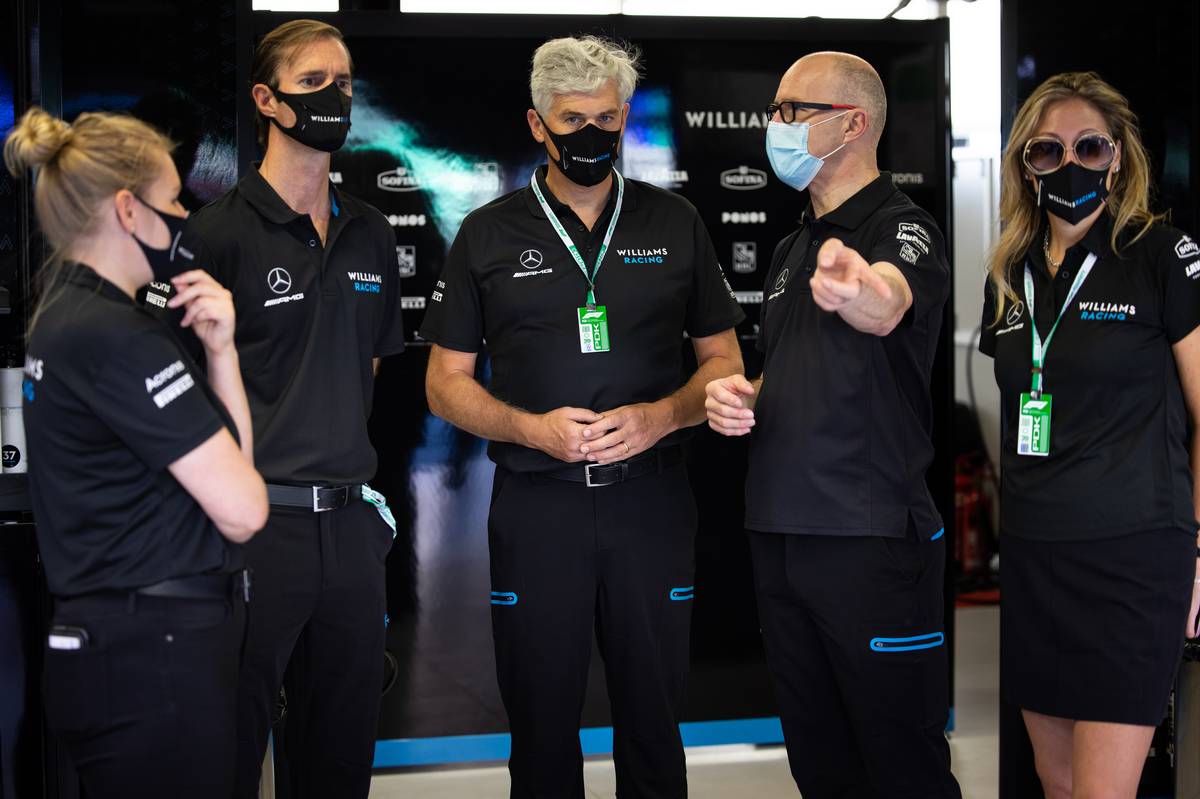
Roberts believes that the team's self-serving approach will prove even more beneficial under next year's cost cap rules.
"Under the cost cap, you can’t afford to be inefficient and that’s what we’re focusing on," Roberts added.
"We need to make sure that if we’re making chassis, we’re really good at making our chassis and we apply that to everything in the car. But we are independent, we’re going to remain independent but there is scope for collaboration."
So far, Williams' change of ownership has been a rather seamless affair in terms of managing its operations and, perhaps more importantly, regarding the team's underlying culture and governance.
"From the cultural fit with the team, there’s a lot of synergy between the road map that Claire [Williams] had laid out and we’re staying very true to that," explained Roberts.
"We want to be a great place to work. We want to make sure we’re caring and kind to all the people who work for us and we want to just do all the right things.
"In terms of the technology though, we now have the opportunity to invest and that’s what we’re doing. That’s started already. There’s not much impact of that on the car we’re racing on now, but we will start to see that next year.
"Really this year is part of a long-term strategy, and that will build slowly over the next five years. The main thing is, we want to invest wisely.
"We don’t want to make mistakes and we want to play the long game. That’s what we’re doing."
Gallery: The beautiful wives and girlfriends of F1 drivers
Keep up to date with all the F1 news via Facebook and Twitter




